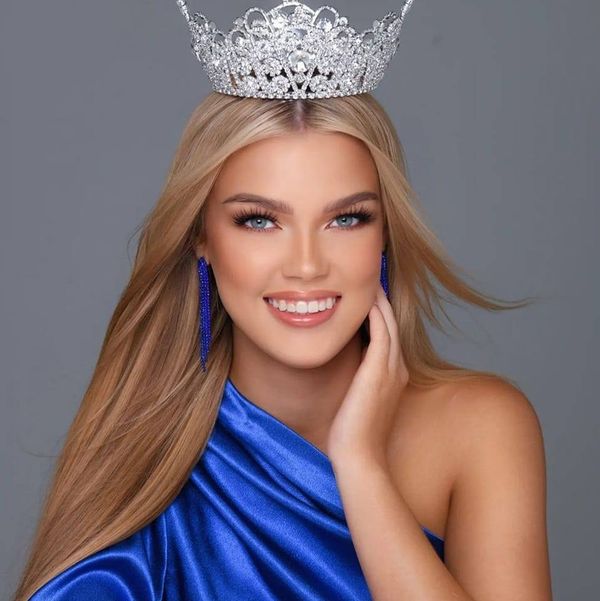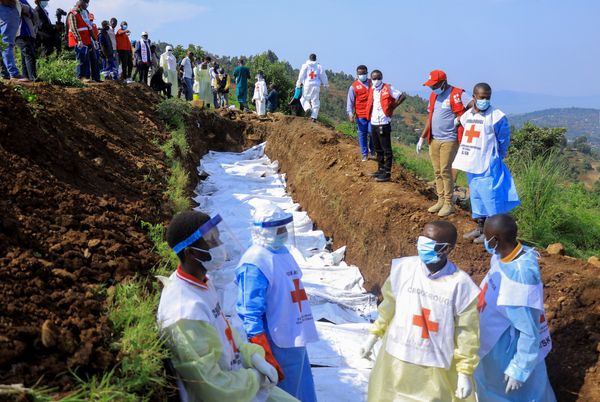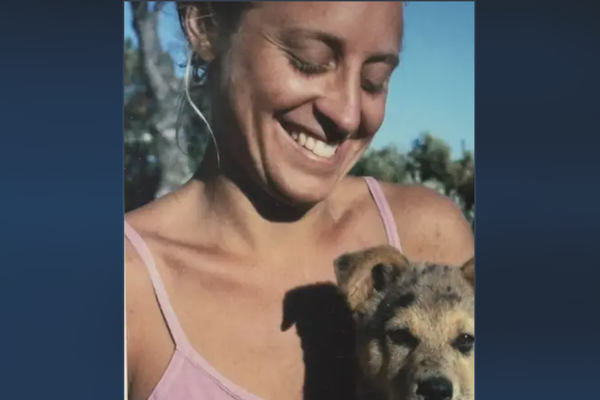
A visit by China’s president, Xi Jinping, to Moscow this week has shone a light on his strengthening relationship with his Russian counterpart, Vladimir Putin.
The two leaders have met more than 40 times in recent years, growing increasingly familiar, and now refer to each other as “dear friends”. Xi has been described as a great friend by other world leaders before, including Robert Mugabe and Donald Trump, but does not always reciprocate the compliment like he has with Putin.
2013
Xi’s first foreign visit as China’s president in 2013 was to Moscow, where he told Putin he believed their characters were alike, and they “always treat each other with an open soul”. Putin said China and Russia were “natural partners and natural allies”, the latter term not usually used by Russia in respect to China.

2014
Russia annexed Crimea, an act that prompted international condemnation, a UN resolution in support of Ukrainian sovereignty, and numerous sanctions against Russia. In contrast, a Chinese foreign ministry spokesperson said China had “full understanding” of the challenges Russia faced, and supported Moscow’s “approach to its settlement” of the Ukraine issue.
2015
The two countries agreed to arms sales and other agreements, and signed a “non-aggression pact” that included a pledge not to launch cyber-attacks against each other. In November, Xi and Putin met in France.

2019
The China-Russia relationship got an official upgrade with the announcement of a five-point “comprehensive strategic partnership” based on mutual understanding and “win-win cooperation”.
The two leaders also strengthened their personal ties, receiving an honorary doctorate from the others’ alma mater – St Petersburg State University and Tsinghua University.
Xi told Russian media: “President Putin is the foreign colleague that I have interacted with most extensively. He is my best friend, and I greatly treasure our friendship.”
On a three-day state visit to Moscow, Putin took Xi on a Neva River cruise to St Petersburg, where Putin was born in 1952. Xi said the trip was an honour. “The fertile land here has bred a number of great people. It is the pride of Russia and its people.”
2022
February
On the sidelines of the Beijing Winter Olympics, in Xi’s first face-to-face meeting with a head of state since the pandemic had begun, he and Putin inked what became known as a “limitless” partnership. Heralding the rise and rise of the bilateral relationship, Xi and Putin declared there to be “no forbidden areas of cooperation”.
Weeks later, Russia invaded Ukraine. Reports at the time said western intelligence suggested Xi had known about it, but asked Putin to wait until the end of the Games. Other reports suggested Russia had sought military or weapons assistance from China. To this day China maintains it was not aware of Putin’s plans. The invasion marked an awkward point in the Xi-Putin relationship as the world rounded on Russia and China sought to stand by its friend without getting caught in the crossfire of sanctions and other retaliatory measures.

March
Xi and senior Chinese officials refused to condemn the invasion, and over the year would increasingly show support for Russia’s stance while simultaneously presenting China as a neutral peacemaker. In March a report found close ties between Russian and Chinese state media, combined with strict government control of information, was allowing Russian propaganda to spread swiftly throughout China, “nazifying” Ukraine in the eyes of some Chinese citizens and fostering pro-Russian sentiment.
April
Senior US officials urged China to use its influence and persuade Russia to end its invasion of Ukraine. China demurred, rejecting “pressure or coercion” by parties such as the US. It laid the blame at the feet of the US and Nato, accusing the bloc of a “cold war mentality”.
May
In a call Xi told Putin that Russia had China’s support on matters of sovereignty and security.
June
Xi and Putin met again, this time virtually at the Brics summit of leaders. Both railed against economic sanctions the west and other allies had levelled against Russia.
September
Xi and Putin met again at a regional summit in Uzbekistan, which Xi had chosen for his first international trip since the pandemic. In comments that some analysts took as a sign of some discord between the pair, Putin said he understood the “questions and concerns” Xi had about Ukraine.
The gathering of central Asian and regional leaders in Samarkand was seen as a test of the “limitless” friendship. Central Asia is an area where Russia and China are more in competition than cooperation – what analysts have termed a “quiet rivalry”.
October
A draft UN security council resolution in October attempted to condemn Putin’s annexation of Ukrainian territory but failed when it was vetoed by Russia – a permanent security council member. China did not back Russia but abstained from the vote.
2023
February
A UN resolution calling for Russia to end hostilities in Ukraine and withdraw its forces passed, with China again abstaining from the vote. China released a 12-point peace plan, dismissed by the west, calling for a ceasefire and an end to sanctions, and suggesting China and its companies could help with the postwar rebuild.
The plan was put together without consultation with Ukraine. It did not criticise Russia or call for any withdrawal of forces, but did make a pointed statement about avoiding nuclear weapons and attacks on civilians – two concerns mostly levelled at the Russian side.

March
Xi welcomed a key Putin ally to Beijing: the Belarusian president, Alexander Lukashenko. Analysts suggested the warm welcome of a head of state with “international pariah status” who had directly assisted Putin’s invasion, while ignoring entreaties from Ukraine’s Volodymyr Zelenskiy, undermined Beijing’s claim to be a neutral peacemaker.
On 20 March, Xi started a state visit to Moscow, days after the international criminal court issued an arrest warrant for Putin on suspicion of committing war crimes. The two greeted each other as old friends, and at an informal meeting Xi said China was ready with Russia “to stand guard over the world order based on international law”.







